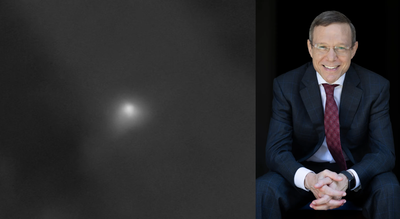This week’s science news has been fraught with controversy, as the three former leaders of the U.S. Centers for Disease Control and Prevention (CDC) took to a webinar to describe the chaos unfolding at the agency since the start of the second Trump administration.
Claims of dysfunction at the CDC have been accompanied by worrying disease developments across the U.S., which experts announced this week could be on track to lose its measles free status as soon as January. The news has led to calls by scientists for Health and Human Services (HHS) Secretary Robert F. Kennedy Jr. to resign.
3I/ATLAS is a comet, NASA announces
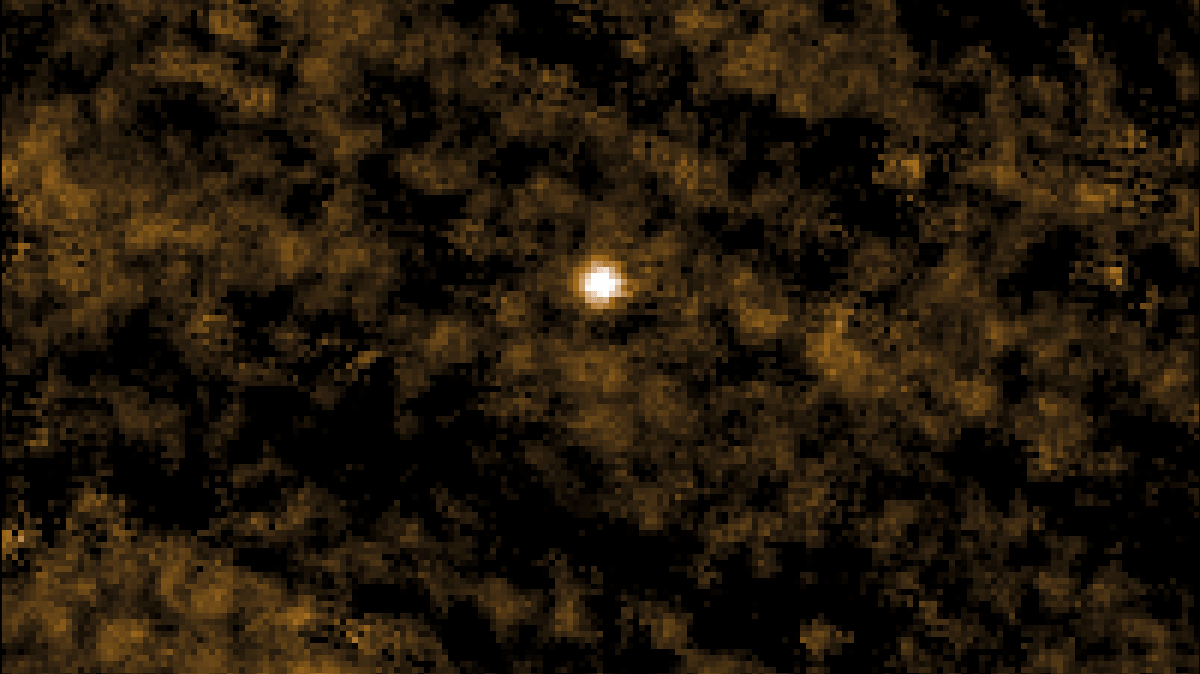
What week of science news in 2025 is complete without a controversial statement about comet 3I/ATLAS? This week saw perhaps the most contentious announcement of all, and it came from NASA: 3I/ATLAS is a comet.
The announcement, accompanied with a raft of new images captured by the space agency’s spacecraft in orbit around the sun and Mars, was made as the space agency emerged from the U.S. government shutdown.
And while NASA may have summarily deflated the hopes of those who expected the comet to be teeming with little green men, it did reveal some fascinating details about the comet’s peculiar speed and trajectory — both of which point to the comet being more than 7 billion years old.
Discover more space news
Life’s Little Mysteries
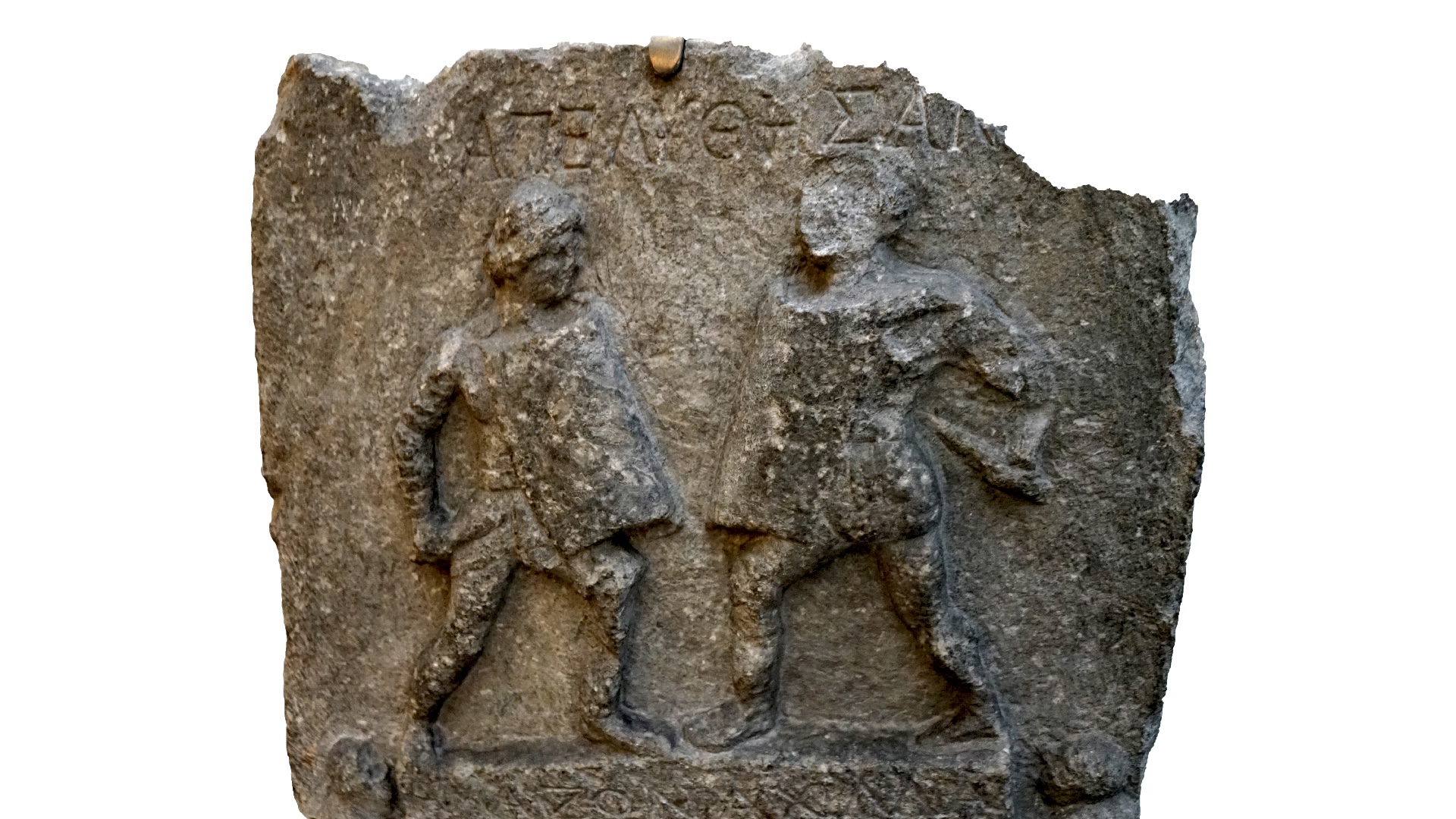
Father to a murdered son. Husband to a murdered wife — we get it, Ridley Scott, gladiatorial combat was for the fellas. But is that really true? Were any of the fighters in Rome’s famed Colosseum women? We traced the lines of evidence and found a surprising answer.
—If you enjoyed this, sign up for our Life’s Little Mysteries newsletter
Ants tricked into dismembering their mom
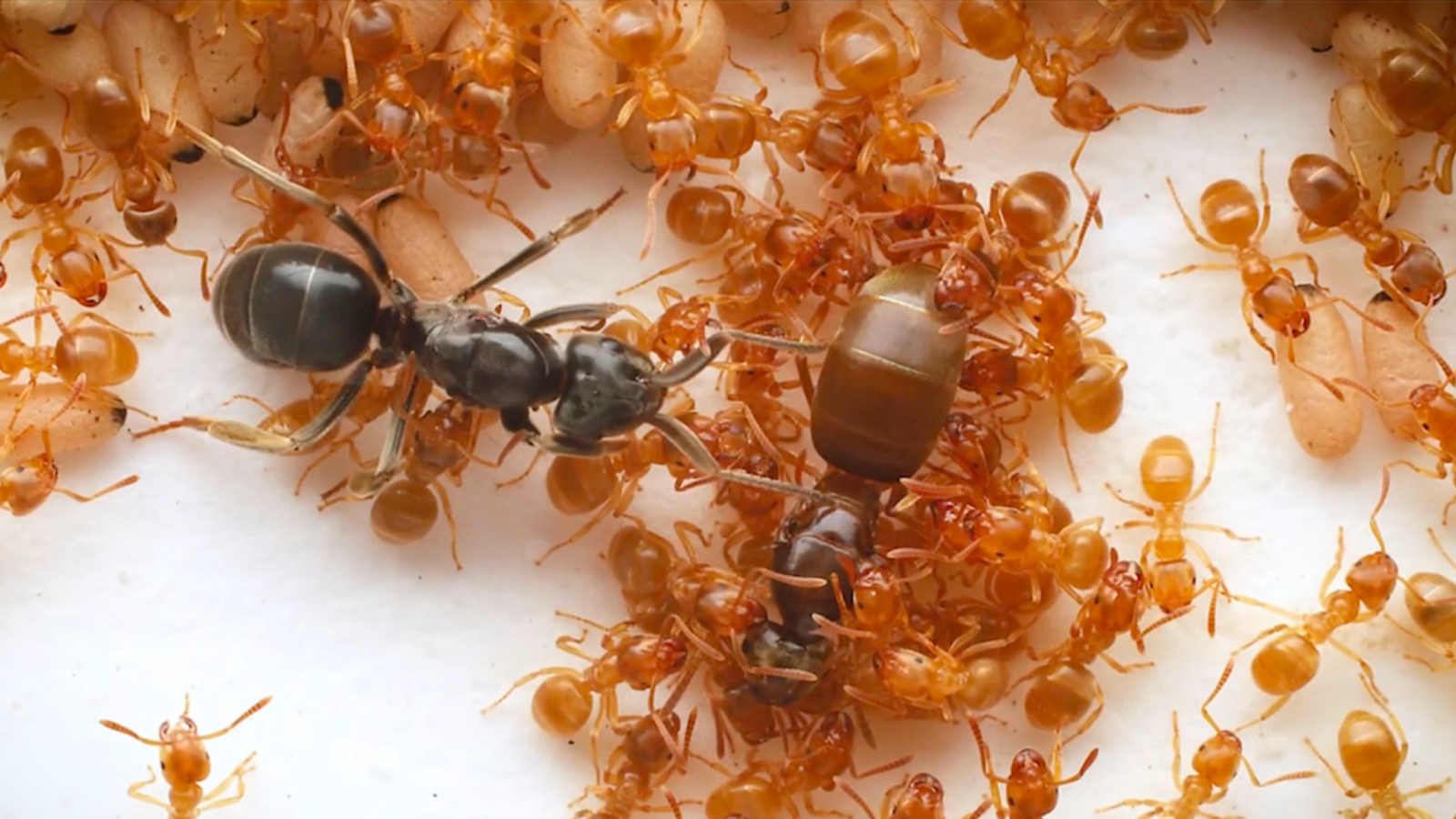
With Thanksgiving and the holiday season both around the corner, many of us are already preparing for some raucous family get-togethers.
But if you think you have family drama, none of it can compare to the activities of the worker ants highlighted by this recent study. After being tricked by the pheromone spray of a parasitic queen, some ant species band together to dismember their mother and enable the imposter to usurp the throne for herself.
Discover more animals news
—Human trash is ‘kick-starting’ the domestication of city-dwelling raccoons, study suggests
—How did metamorphosis evolve?
Also in science news this week
—Viking Age woman found buried with scallop shells on her mouth, and archaeologists are mystified
—Diagnostic dilemma: Woman had her twin brother’s XY chromosomes — but only in her blood
—New ‘Transformer’ humanoid robot can launch a shapeshifting drone off its back — watch it in action
Science Spotlight
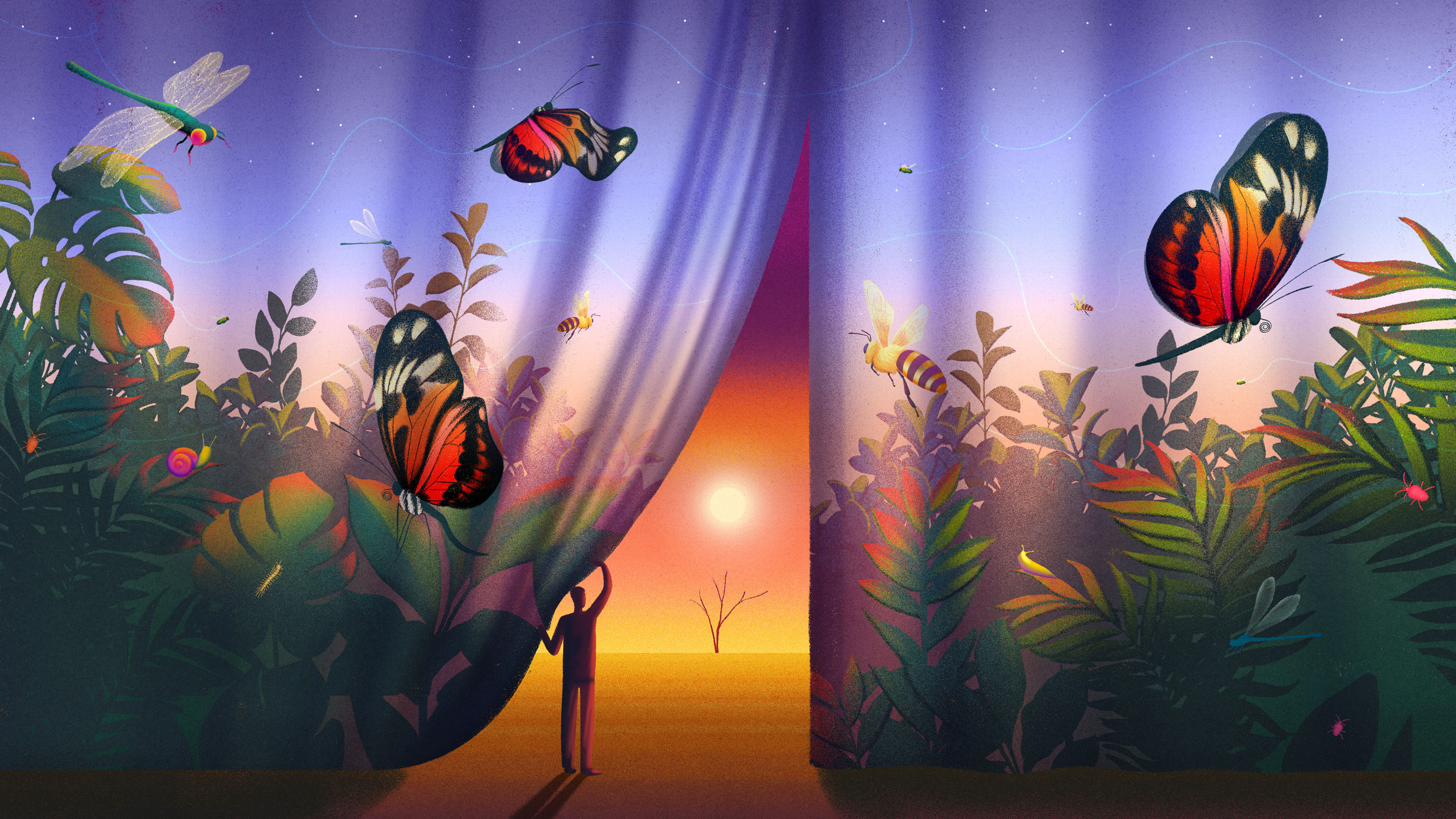
Gone are the days when a summertime highway drive will leave your windshield peppered with bug splats. In their place, the insect apocalypse is here.
A combination of climate change, habitat loss and pesticides are causing Earth’s insect populations to plummet, and that could have serious downstream impacts on our food supplies.
But can anything be done to bring the bugs back? And is there still cause for hope?
Live Science investigated this fascinating Science Spotlight story.
Something for the weekend
If you’re looking for something a little longer to read over the weekend, here are some of the best news analyses, crosswords and polls published this week.
—Science history: ‘Patient zero’ catches SARS, the older cousin of COVID — Nov. 16, 2002 [Science history]
—Live Science crossword puzzle #19: Tallest mountain in Africa — 12 across [Crossword]
—How to see a rare conjunction of Mercury and Venus this month [Skywatching]
Science in pictures
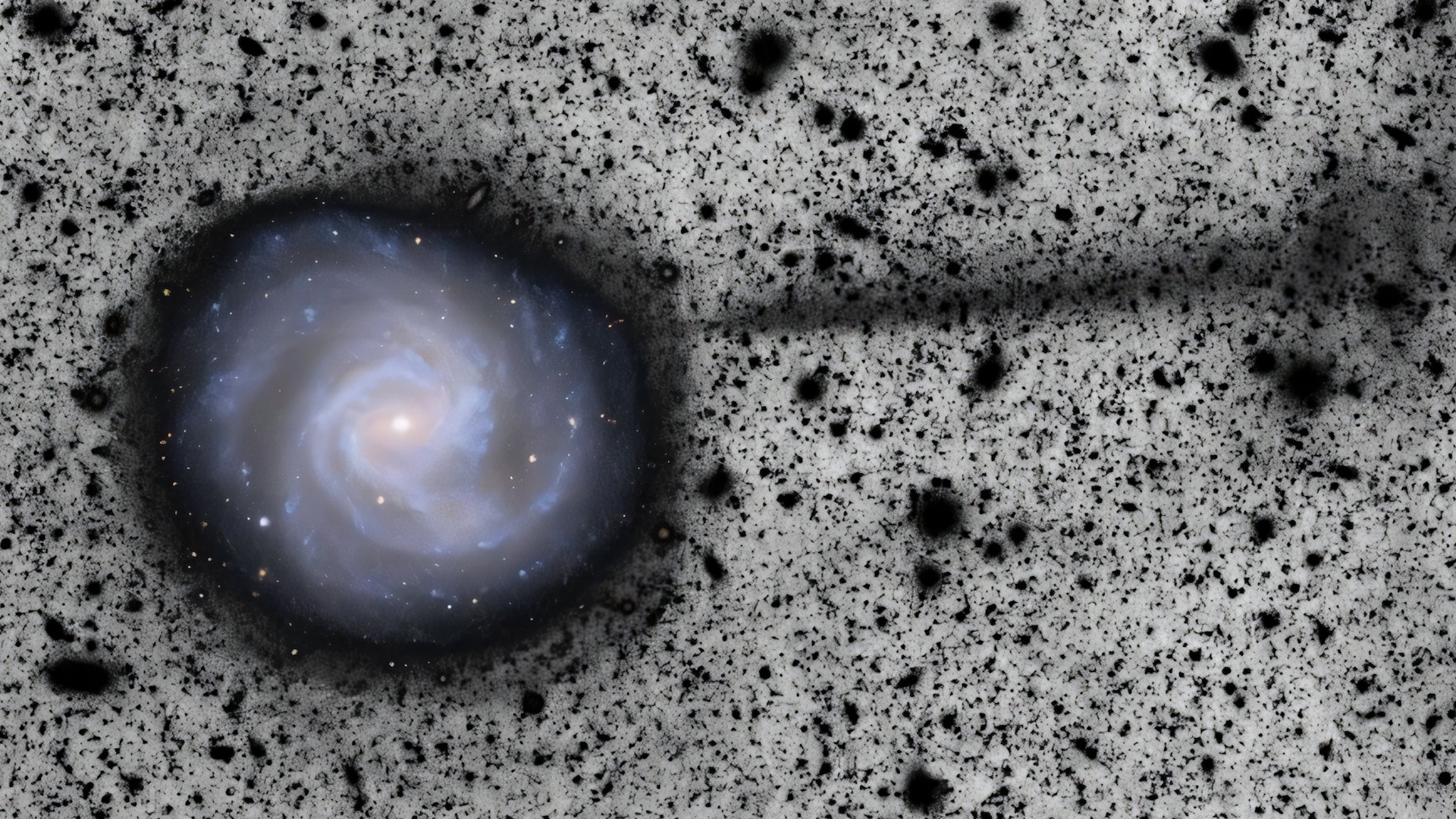
Working in science news presents us with a daily glut of wowsome images, but this one takes the cake — or maybe an entire galaxy of them.
Released among the first images to be taken by Vera C. Rubin Observatory in Chile, this shot captures the entirety of the barred spiral galaxy Messier 61 (M61) with a 163,000-light-year-long stream of stars emerging from it.
The stellar breadcrumb trail is the result of a dwarf galaxy eviscerated by M61, its entrails left to burst into a stream of new stars. That’s probably bad news for any being with real estate in the vicinity, but for us cosmic rubberneckers, it makes for a heck of a pretty picture.
Follow Live Science on social media
Want more science news? Follow our Live Science WhatsApp Channel for the latest discoveries as they happen. It’s the best way to get our expert reporting on the go, but if you don’t use WhatsApp we’re also on Facebook, X (formerly Twitter), Flipboard, Instagram, TikTok, Bluesky and LinkedIn.


